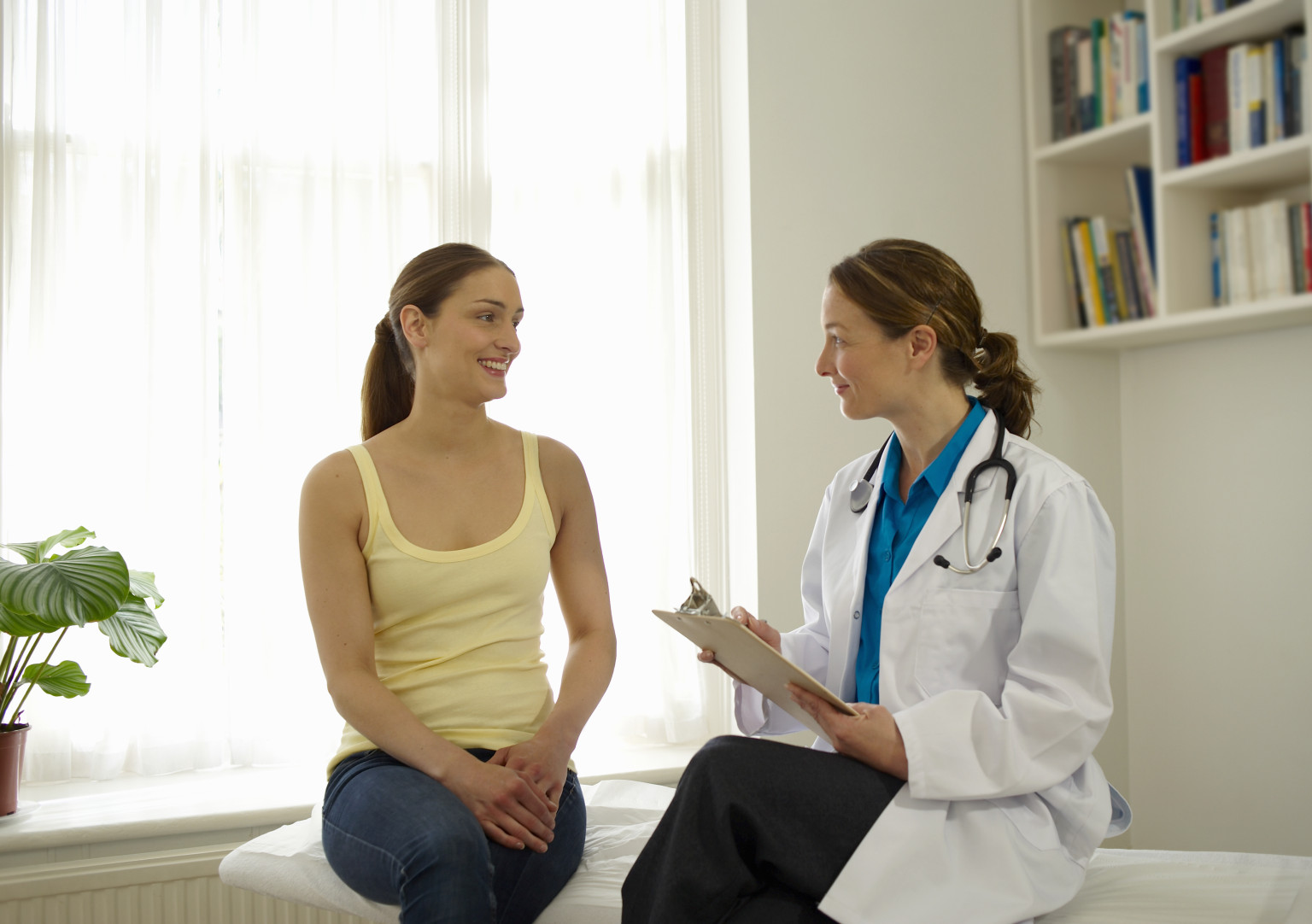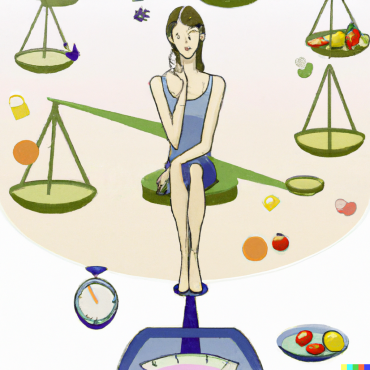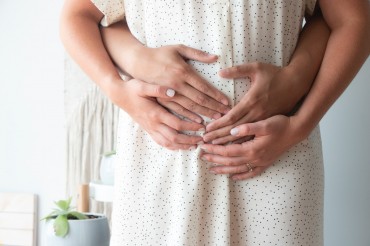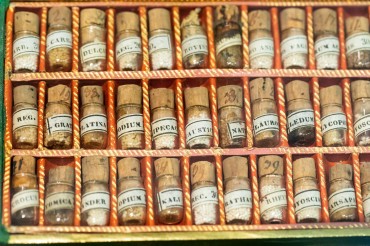A healthy reproductive system makes the miracle of life possible. Taking good care of your reproductive health is essential as problems in this region can affect your physical, emotional and sexual well being as well as make it difficult for you to become pregnant. As it happens, fortunately, many such problems can be prevented or corrected if timely check-ups are done, whether by yourself or your Ob/Gyn.
How to care for your reproductive system? This entails the following steps :
1. Awareness is the key to good health. You must have a basic knowledge of your reproductive organs, both external and internal. What organs are meant for which purpose, how to take care of them, what can damage them etc. are essential knowledge.
2. Keeping away from substances, chemicals, habits that maybe harmful to your ability to bear children. Vice versa, it is important to know what you can do, consume etc so as to increase your fertility and well being.
3. Regular meeting with your doctor for check-ups and screening tests like PAP smear, Ultrasound, blood tests as needed. This way problems, if any, can be detected early and dealt with in a manner that cures it or prevents it from getting worse.
4. Protection from Sexually transmitted diseases which can damage your organs to such an extent that it becomes difficult for you to conceive. Any STD’s present, can be treated in a timely manner.
5. Family Planning services are welcome. In order to prevent the occurrence of unwanted pregnancies as well as to plan a smooth pregnancy, one must avail of family planning services. This includes the types and usage of contraceptives, pre-conceptional counseling and supplements, dealing with co-morbid illness etc.
Caring for external genitalia – Vulval care:
As such, the Vulva is not in any need of special care, however there are certain measures that can be taken to stay comfortable, prevent infections/damage. These include –
-> Never use douches. It makes women more prone to microbial infection and creates difficulties while attempting pregnancy.
-> Wear comfortable, cotton underwear. Avoid wearing synthetic undergarments, tightly fitting outfits, pantyhose.
-> Avoid using lubricants with Nonoxynol-9 (spermicidal agent) as it can cause abrasions on the vulva and vagina and increase the risk of all kinds of infections including STDs.
-> Mirror checks : Use a mirror to check for dis-coloration, swellings, lumps, sores etc. on the vulva. Report any unusual odor, discharge or sensation such as itching/burning/paining.

Image Source: www.huffingtonpost.com
When are periods considered problematic? A guideline on when to visit the OB/Gyn :
-> Menstruation has not begun by age 16yrs
-> Menstruation started and then stopped for upto 3 months
-> Menstrual bleeding is for longer duration or greater intensity than normal. If you are passing clots or getting up at night to change your napkin/tampon.
-> Having had previous regular, monthly cycles, suddenly irregular cycles commence
-> Periods occurring in less than every 21 days or more than 45 days
-> Bleeding in between periods
-> Severe pain during periods, not usually there during cycles
->Severe PMS symptoms such as unusual moodiness, bloating, breast tenderness
->Feeling ill or faint, having fever, chills, nausea, vomiting after or during using tampons.
Other types of bleeding that merit a visit to the doctor :
-> Post menopausal bleeding.
-> Post coital bleeding
-> Bleeding anytime during pregnancy
-> Delayed menses, pain abdomen, bleeding
-> Unprotected intercourse, period not yet missed, pain abdomen, fainting, bleeding
-> Blood in urine
When to go to the doctor even though you maybe feeling fine ?
-> HPV vaccine
-> Mammogram
-> PAP smear
-> STD screening
Hope these few points can help guide you towards better reproductive health.

























































Comments